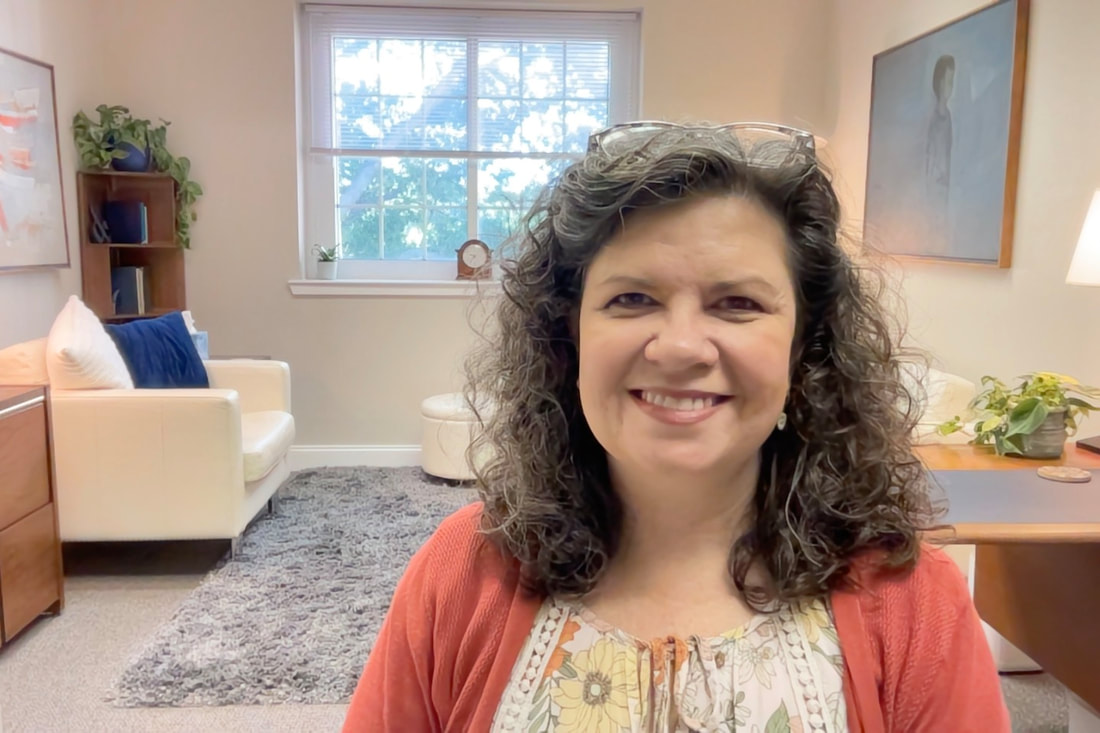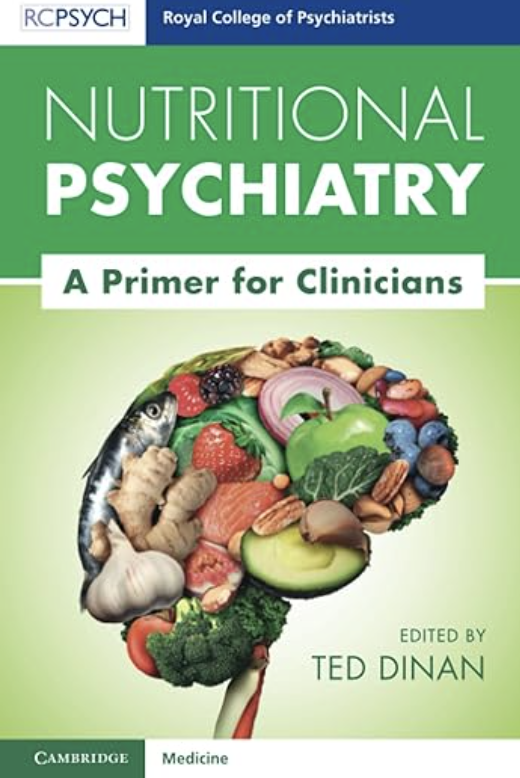|
As the number of cases of COVID-19 increase, so does our collective anxiety. It can be difficult to know what tomorrow, next week, or next month will bring. This lack of expectations and being unable to plan can heighten anxiety. Routines we may have worked hard to build and which support our work-life balance and mental health are thrown off. And many of us find ourselves isolated from our usual social supports. In the video below, clinical psychologist Dr. Alli Mattu addresses important coping skills for working from home, social distancing without feeling isolated, and managing information related to the COVID-19 public health crisis without feeling overwhelmed. The following additional resources can help individuals and communities navigate this stressful time. Remember, we're all in this together. CDC: COVID-19 Resources Latest updates, tips and resources by the US Centers for Disease Control. Living With Mental Illness During COVID-19 Outbreak– Preparing For Your Wellness This webpage provides information and wellness tips for individuals living with mental health conditions during the COVID-19 outbreak. Mental health and wellness during a public health crisis Dr. LaGenia Bailey, a former DBSA board member, discusses tips on how to stay well during this public health crisis. In this podcast, she addresses the benefits of mindfulness practice, lifestyle habits, and ways to stay connected with others to avoid isolation. COVID-19 Mental Health Support Line: 833-986-1919 Texas Health and Human Services has launched a 24/7 statewide mental health support line to help Texans experiencing anxiety, stress or emotional challenges due to the COVID-19 pandemic. People can call the Statewide COVID-19 Mental Health Support Line 24 hours a day, 7 days a week toll-free at 833-986-1919. Operated by the Harris Center for Mental Health and IDD, the support line offers trauma-informed support and psychological first aid to those experiencing stress and anxiety related to COVID-19. Seven Crucial Research Findings that can Help People Deal with COVID-19 Psychological research on past crises can help people cope with the daily — sometimes hourly — news flashes about the coronavirus. How to Transition to Seeing Your Therapist Online Continue the work of therapy even from a distance. (And yes, Dr. Novinski offers sessions via Telehealth.) Psychologists’ Advice for Newly Remote Workers As employers close offices to slow the spread of COVID-19, here’s advice from I/O psychologists on how both managers and employees can work more effectively during this time. Dial 2-1-1 If you need assistance finding food, paying for housing bills, accessing free childcare, or other essential services, visit 211.org or dial 211 to speak to someone who can help. Run by the United Way. COVID-19 Ancillary Costs The HealthWell Foundation announced a COVID-19 Fund that provides up to $250 in assistance with ancillary costs associated with COVID-19. Grants awarded through the fund will provide reimbursement assistance to at risk or quarantined individuals for delivered food, medication, telehealth copays and transportation costs associated with COVID-19. Care for your Coronavirus Anxiety Staying Grounded Meditations and Calming Exercises National Domestic Violence Hotline For any victims and survivors who need support, call 1-800-799-7233 or 1-800-799-7233 for TTY, or if you’re unable to speak safely, you can log onto thehotline.org or text LOVEIS to 22522. Talking to Kids about the Coronavirus The Parent Guide to Resilience Yale University's The Science of Well-Being Yale's most popular class is now free online via Coursera. The course focuses on how to increase happiness and productivity in your everyday life. University of Pennsylvania: Positive Psychology Resilience Skills "Psychologist Ryan Howes began National Psychotherapy Day because he believed that psychotherapy as a profession has an image problem. Therapy takes place behind closed doors, so the public relies on movies and TV to tell them what therapy is like, and those depictions are rarely accurate. Howes set out to demystify therapy, educate the public about what real therapy looks like and how effective it can be, and create a fun way to celebrate therapy, rather than hide it." On the 6th annual National Psychotherapy Day, I encourage you to learn more about psychotherapy and spread the word. You can read more from Dr. Howes and learn about how psychotherapy can help cultivate self-acceptance here. I also highly recommend the Moments of Meaning video series sponsored by National Psychotherapy Day. This video series featuring therapists speaking from the heart about the transformations that take place between therapist and patient in psychotherapy. The whole series is well done and provides an insightful and moving glimpse into real therapy sessions (all stories are shared with the permission of individual patients, and altering identifying information). If you have ever wondered about the benefits, process, or new perspectives that psychotherapy might offer, take a look at this Moments of Meaning video featuring licensed clinical psychologist, Dr. John Dilley, as he shares his experience of entering psychotherapy as a patient himself. You can read more about National Psychotherapy Day here, and find the Moments of Meaning video series here.
Heads Together is a UK campaign, spearheaded by the Duke and Duchess of Cambridge and Prince Harry to end stigma around mental health. This week the campaign released a video of the Duke, Duchess and Prince discussing their support of the mental health initiative. The Heads Together campaign has partnered with this weekend's London Marathon to help raise awareness and encourage people to speak up about and prioritize their mental health (all the runners will be given Heads Together headbands, modeled by the Royal Family above). “Since we launched Heads Together last May, we have seen time and time again that shattering stigma on mental health starts with simple conversations. When you realise that mental health problems affect your friends, neighbours, children and spouses, the walls of judgement and prejudice around these issues begin to fall. And we all know that you cannot resolve a mental health issue by staying silent." Here in the US, the OK to Say campaign has been working to encourage people to talk openly about mental health. So often people do not ask for or seek out the help that they need because of stigma. Sharing our stories and working as a community to encourage one another and share resources can improve and save lives.
If you are interested in continuing this conversation and showing your support, consider joining the National Alliance on Mental Illness (NAMI) annual Dallas NAMI Walks 5k coming up in on May 13. Mental health practitioners speak of and research common symptoms of depression including avolition and anhedonia. Avolition refers to the loss of motivation to initiate and carry out purposeful activities (e.g., cooking dinner, balancing your checkbook, keeping a dinner date with friends), while anhedonia describes a loss of pleasure in once valued activities. Journalist and author Anneli Rufus published a piece this week which appears on Psychology Today eloquently describing the lived-experience of these losses: depression's theft of one's passion, pleasure, and awe. Depression is a cruel thief that raids your heart, your home, your future, your present, your past. It steals your most precious possessions not to keep or use or give away or sell but just because they're there. Those loves for which you lived become loot burning by the wayside. This is stealthy, silent theft that masquerades as aging, failure, sulkiness, stupidity, ingratitude, unmindfulness, unwillingness to try. This is a monumental crime that masquerades as just another day. ~Anneli Rufus Those who have not endured or born witness to depression often struggle to understand the experience beyond what we think of as ordinary "blues." Rufus's poetic voice speaks to the depth of loss that is at the heart of depression. Her words may move you to a better understanding of those you love who have been robbed by depression, or it may give voice to your own struggle and help you know that you are not alone.
Read Anneli Rufus' full piece here. Today is National Psychotherapy Day, a day to reduce stigma and draw awareness to the effectiveness of therapy.
"People who support psychotherapy – therapists, clients, academics, policymakers, or any other interested party – are encouraged to talk about their own experiences with therapy, contribute to low-fee and community mental health clinics, share therapy effectiveness research, and wear turquoise to show support and start conversations." If you haven't seen the Moments of Meaning series, they are definitely worth your while. Dr. Ryan Howes, founder of National Psychotherapy Day, and his team released this video series featuring therapists speaking from the heart about the transformations that take place between therapist and patient in psychotherapy. The whole series is well done and provides an insightful and moving glimpse into real therapy sessions (all stories are shared with the permission of individual patients, and altering identifying information). You can read more about National Psychotherapy Day here, and find the Moments of Meaning video series here.  In anticipation of the 4th annual National Psychotherapy Day, September 25, I invite you to check out this article on why psychotherapy is needed, effective, and lasting. The authors provide links to research on the efficacy of psychotherapy: supporting the science behind the transformative therapeutic relationship. If you or someone you care about is considering psychotherapy, this is a great place to start.
On September 10th, join with others around the world who are working towards the common goal of preventing suicide. Check in on someone you may be concerned about, listen to what they say, how they say it and show them kindness and support. Investigate ways of linking in with others who are trying to prevent suicide in your community, your country, or internationally. Show your support by organizing or taking part in a WSPD activity in your area and/or join in with IASP’s Cycle Around the Globe.
Dr. Ryan Howes, founder of National Psychotherapy Day (9.25.15), and his team released a video series last week entitled Moments of Meaning, featuring therapists speaking from the heart about the transformations that take place between therapist and patient in psychotherapy. The whole series is well done and provides an insightful and moving glimpse into real therapy sessions (all stories are shared with the permission of individual patients, and altering identifying information). If you have ever wondered about the benefits, process, or new perspectives that psychotherapy might offer, take a look at this Moments of Meaning video featuring licensed clinical psychologist, Dr. John Dilley, as he shares his experience of entering psychotherapy as a patient himself.
Psychologist Guy Winch's message on the importance of prioritizing emotional health is a great way to wrap up Mental Health Awareness month. We all understand the importance of taking care of our bodies, seeing the doctor for regular check-ups, and quickly seeking proper treatment for wounds or illness. However, we all too often fail to recognize or seek proper and timely treatment for emotional wounds. Loneliness, anxiety, failure, depression, rejection, and loss all take an emotional and physical toll. No one expects you to "shake off" a broken arm, but we often expect others and ourselves to "shake off" these emotional wounds. Guy Winch gives practical advice and examples of ways to improve our awareness and treatment of these issues with what he terms "emotional first aid."
May is recognized as National Mental Health Awareness Month. During the second week of May we focus on raising awareness and support for mental health in children, adolescents and young adults. Did you know that 50% of all lifetime cases of mental health conditions begin by age 14 and 75% by age 24? The following video produced by NAMI (the National Alliance on Mental Illness) highlights early warning signs and features three brave and eloquent young people speaking out mental health.
Say It Out Loud from Emily Cepla on Vimeo. |
About the AuthorClinical psychologist Dr. Kristy Novinski contributes insights, book and film reviews, discussions of pop culture, and exploration of news and research in the field of psychology. What I'm Reading
Categories
All
|
Las Colinas Psychological Services, PLLC |
© 2023 Las Colinas Psychological Services, PLLC. All rights reserved.
|

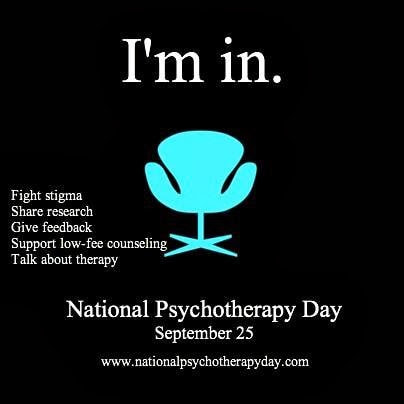
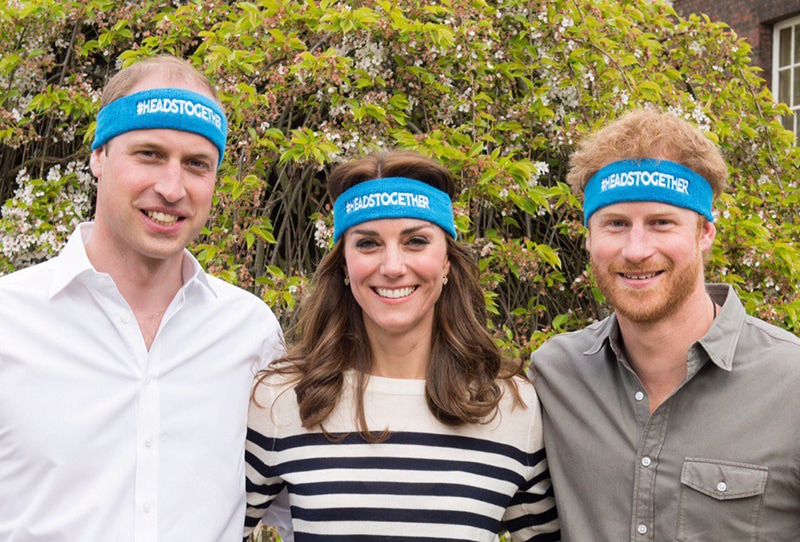

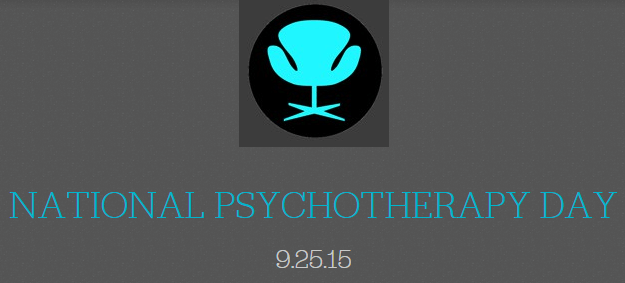

 RSS Feed
RSS Feed
